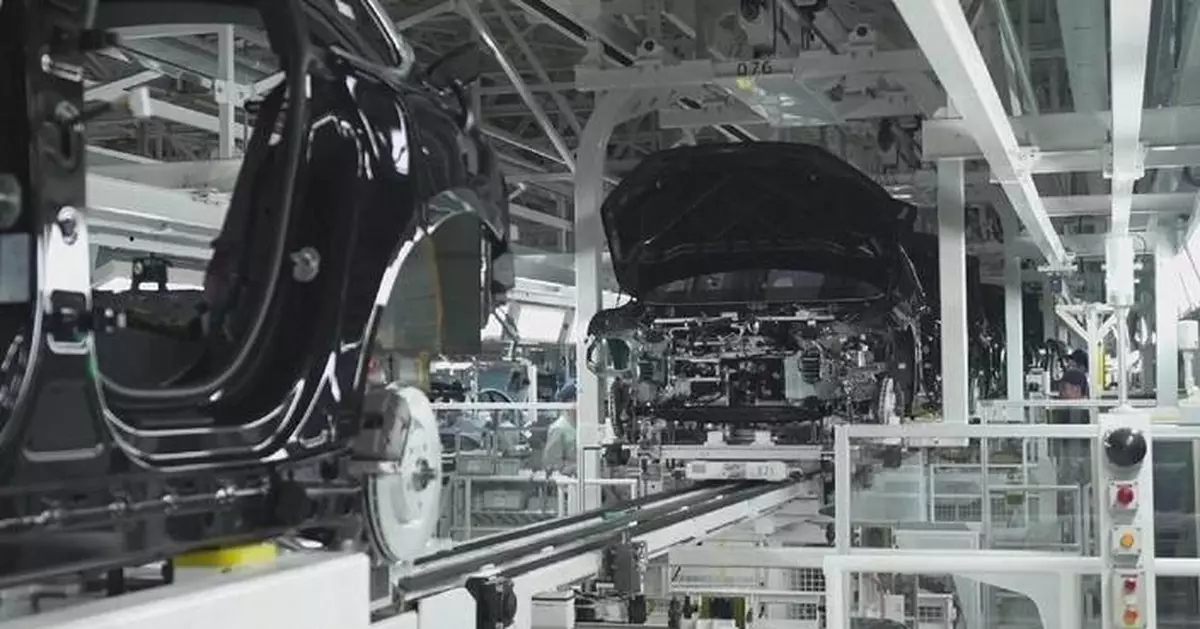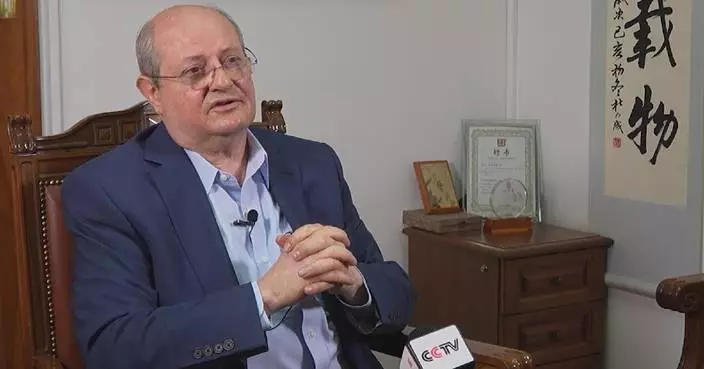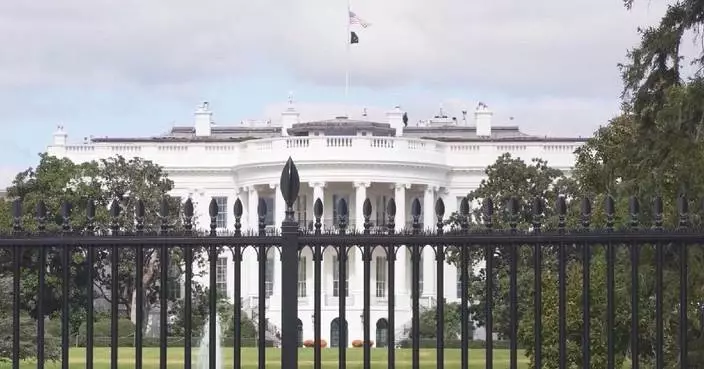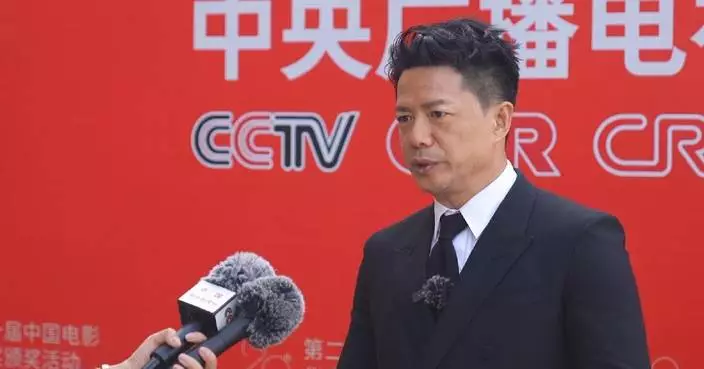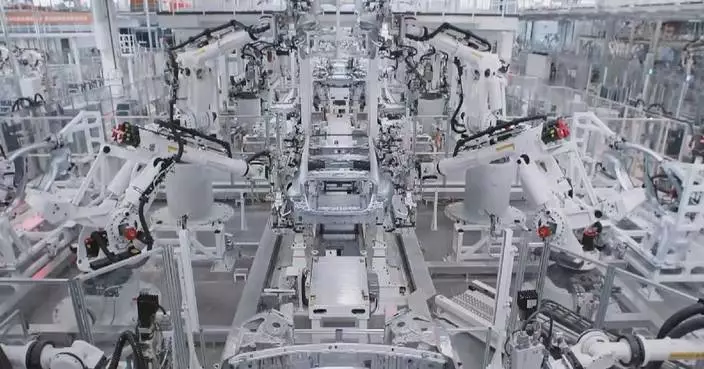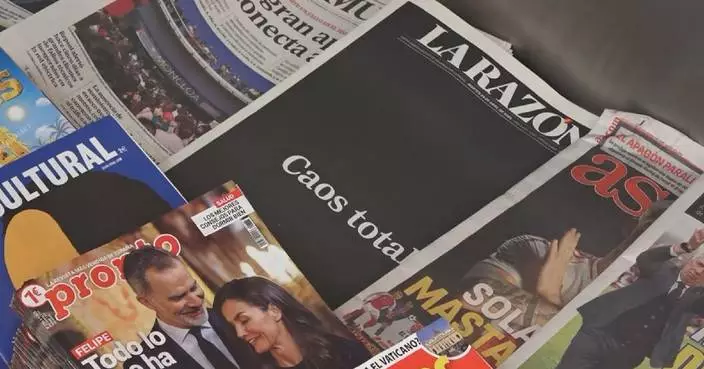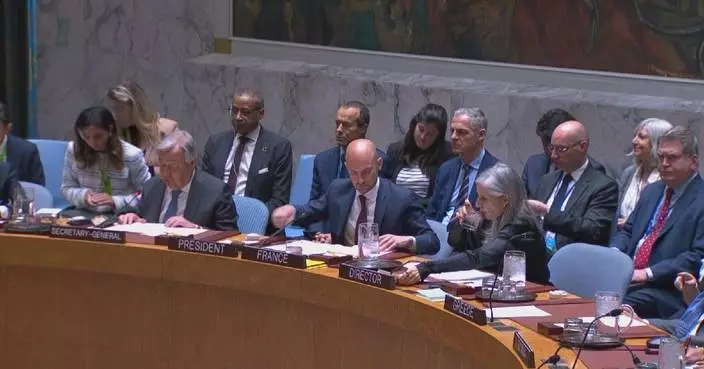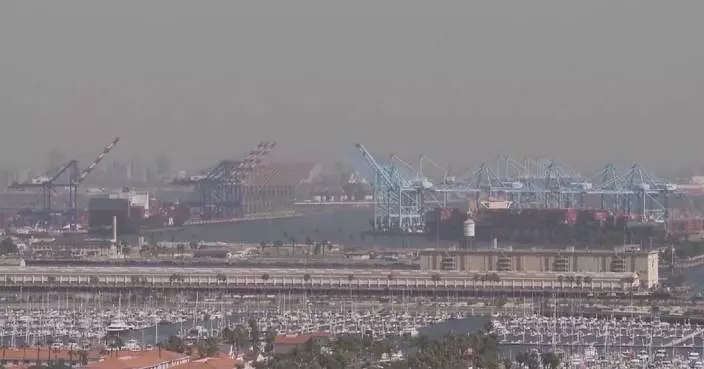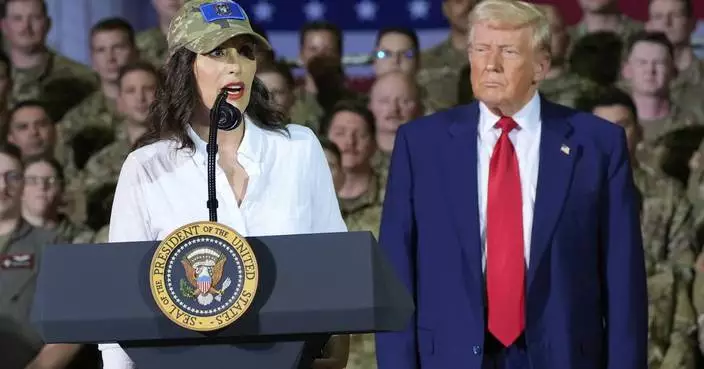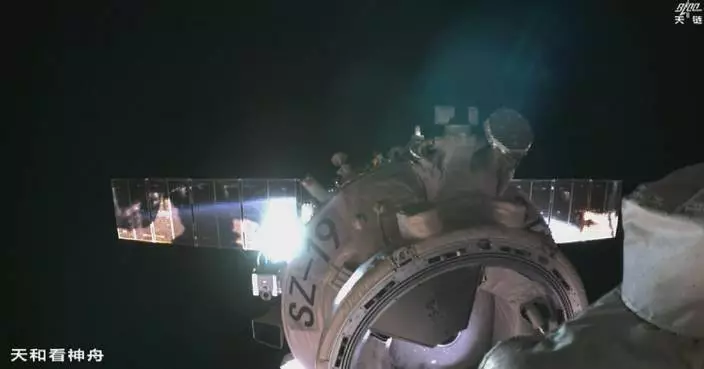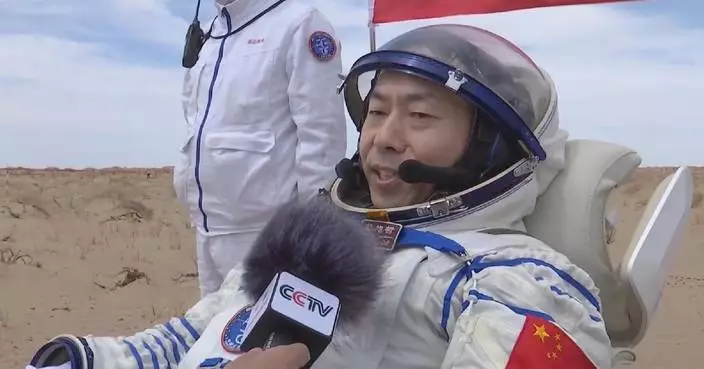China's automobile industry has shown steady growth in 2024, with vehicle production and sales rising consistently during the first nine months of the year, according to data released by the China Association of Automobile Manufacturers (CAAM) on Saturday.
During the January-September period, the country's auto production reached approximately 21.47 million units, up 1.9 percent year on year.
Auto sales totaled 21.57 million units, marking a 2.4 percent increase from the same period last year. Notably, both production and sales of new energy vehicles (NEVs) surpassed 8.3 million units, with year-on-year growth exceeding 30 percent in both categories, according to CAAM's data.
CAAM stated that within the structure of automobile production and sales, NEVs now account for nearly 40 percent of total vehicle sales.
China's passenger vehicle market has been gradually picking up, with retail sales growing stronger in the third quarter of this year, thanks to government policies encouraging vehicle trade-ins and manufacturers launching new models during "Golden September and Silver October", a peak period for car sales, said Chen Shihua, deputy secretary-general of the Association.
In August, China increased the financial stimulus to encourage consumers to scrap their old vehicles and buy new ones. Subsidies for trade-ins of new-energy passenger vehicles have doubled from 10,000 yuan (about 1,414 U.S. dollars) to 20,000 yuan, while those for trade-ins of fuel passenger vehicles have been lifted from 7,000 yuan to 15,000 yuan.
At the same time, the export of finished vehicles has also seen steady growth. In the first three quarters, China's automobile exports reached 4.312 million units, a 27.3 percent year-on-year increase. Among them, exports of NEVs totaled 928,000 units, up 12.5 percent year on year.
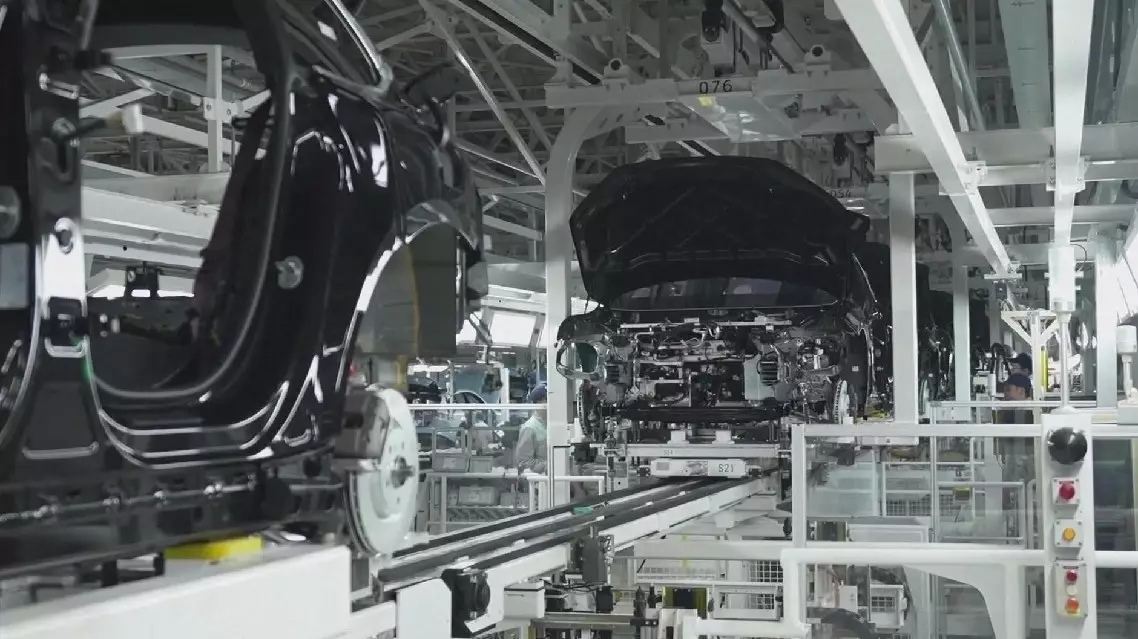
China's auto sector shows strong growth momentum in first nine months
A Chinese representative speaking at a UN meeting on Tuesday called for upholding multilateralism and criticized the U.S. tariffs for plunging global development into greater uncertainty.
Sun Lei, deputy permanent representative of China to the UN, made the remarks at a high-level special meeting of the Economic and Social Council (ECOSOC) Forum on Financing for Development, held at the UN headquarters in New York.
Underscoring that today's world is fraught with changes and turmoil as unilateralism, protectionism, and economic bullying run rampant, the representative said developing countries face funding shortages for development and the efforts to implement the Sustainable Development Goals were severely behind schedule.
Sun stressed that in the face of global challenges, no country can remain unaffected. He called on the international community to uphold the principle of solidarity and win-win cooperation to jointly battle challenges and promote common development.
"Withdrawing from treaties and organizations is not a solution and multilateral cooperation is the right choice. We should resolutely uphold the purposes and principles of the UN Charter, safeguard the UN-centered international system, defend the international order based on international law, resolve disputes through dialogue, and achieve win-win outcomes through cooperation," said Sun.
Making an appeal to resolutely maintain the multilateral trading system, Sun denounced the U.S. government's sweeping tariffs.
"By arbitrarily imposing tariffs on over 180 countries, the U.S. infringes upon the legitimate rights of other countries, violates the rules of the World Trade Organization (WTO), undermines the rules-based multilateral trading system, and jeopardizes global economic stability. The international community should stand united in resolutely opposing unilateralism, protectionism and economic bullying, jointly safeguarding the WTO-centered multilateral trading system and rules, and promoting beneficial and inclusive economic globalization," he said.
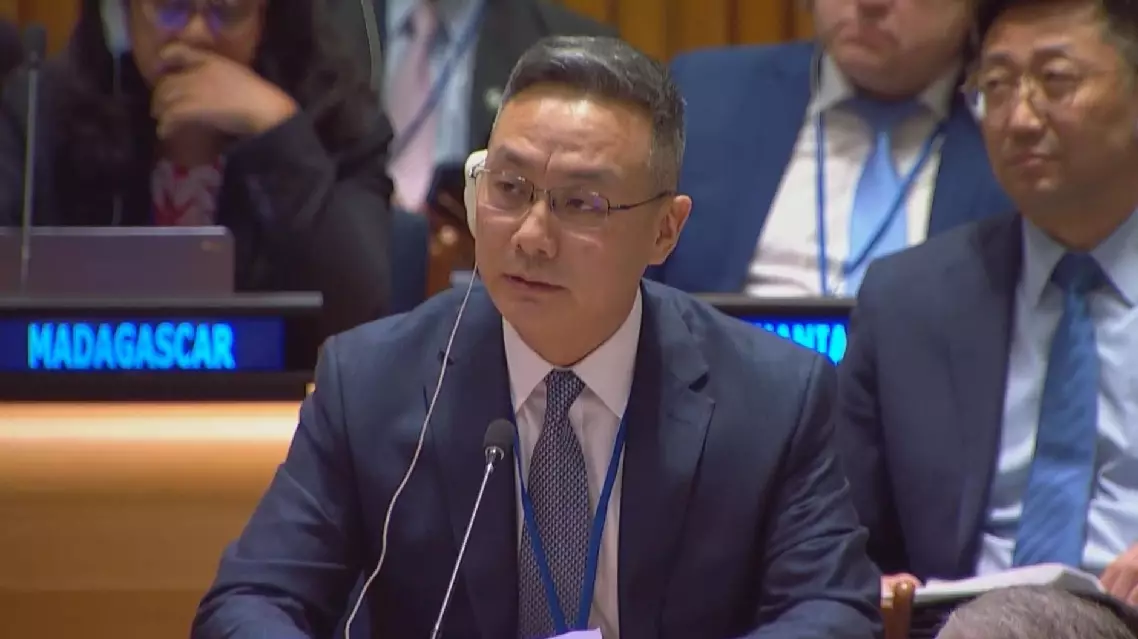
China calls for upholding multilateralism, criticizes US tariffs at UN meeting



